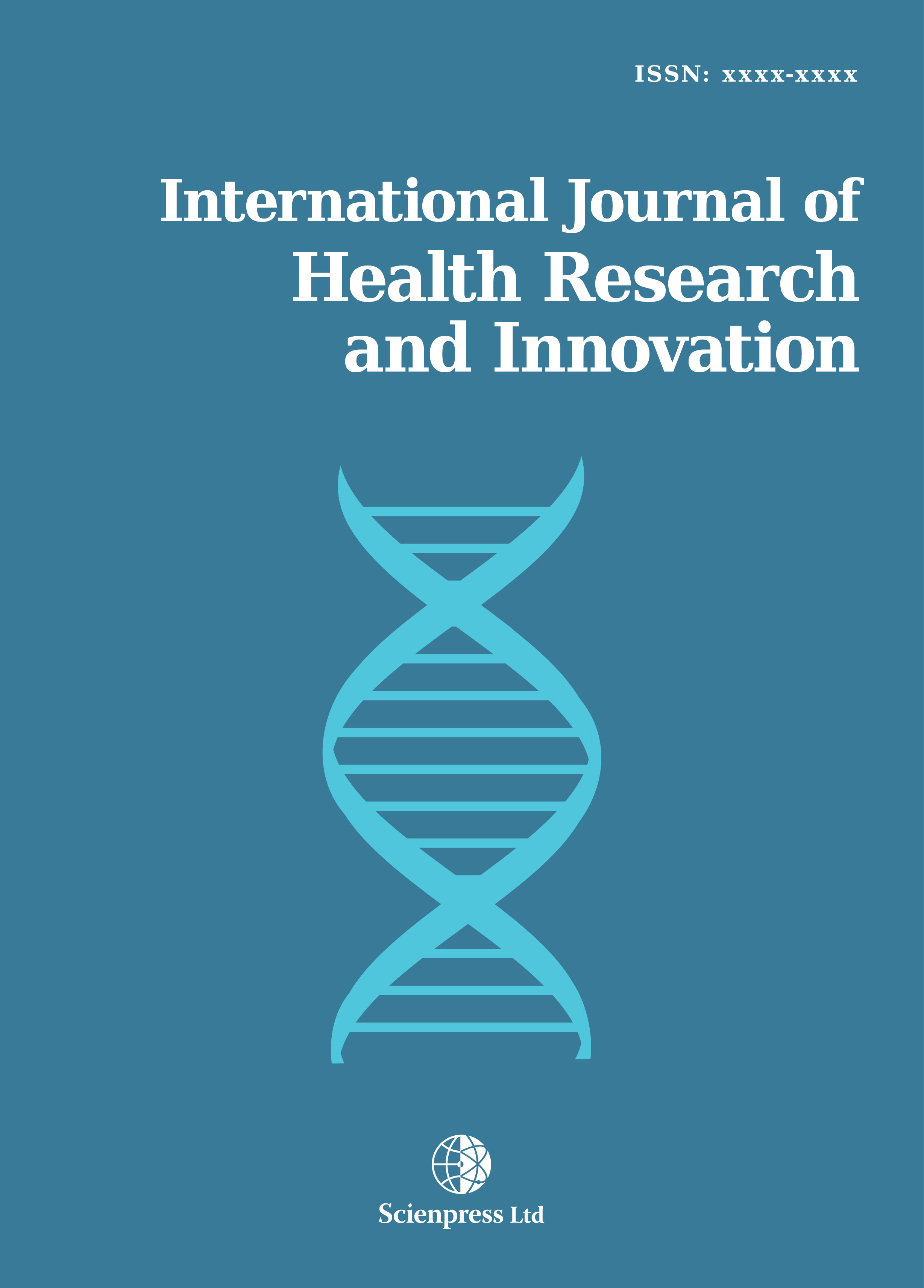International Journal of Health Research and Innovation
Travel Health in the Kingdom of Saudi Arabia: Perception and Practice of Saudi Travelers
-
 [ Download ]
[ Download ]
- Times downloaded: 10840
-
Abstract
Background: Because of rapid air travel, international travelers are exposed to diversity of health risks of the unfamiliar environment of the visited area; epidemics and pandemics which are related to travel can be minimized by suitable precautions taken before, during and after travel. Large numbers of Saudis travel each year for various purposes. Yet, there is only limited data concerning the extent to which Saudi travelers seek travel advice and vaccination before their departures. Aim and Objectives: Therefore, the aim of this study was to determine the levels of travel health knowledge, attitudes and practices (KAP) among Saudi travelers at international airports of KSA and to identify where these travelers obtain travel health information. Methods: This cross-sectional descriptive study was carried out at two of the four international airports in the Kingdom of Saudi Arabia (KSA), namely King Abdul-Aziz international airport (KAA) in Jeddah and King Fahad International airport (KFA) in Dammam. Any adult Saudi international traveler departing from the two selected international airports was eligible for inclusion in the sample. Randomly selected individuals (n=800) were invited to fill an anonymous self-administered questionnaire that was designed to assess traveler’s knowledge and attitude about travel health in addition to pre-travel practices. Data entry and statistical analyses were done using SPSS 20.0 statistical software package. In addition to descriptive statistics, multiple stepwise backward regression analysis was used after testing for normal distribution, linearity and homoscedasticity, and analysis of variance for the full regression models. Statistical significance was considered at p-value <0.05. Result: The majority of respondents were males (78.8%) with mean age of 33±10.1 years and mostly with intermediate or higher education (98.1%). The most frequently reported purpose was tourism (69.9%), which were mainly to Arab countries (60.9%) followed by Asia (31.7%). The lowest levels of knowledge were related to transmission of viral hepatitis B and yellow fever, while the highest were related to transmission of influenza, diarrhea, and gonorrhea. They had highly positive attitude regarding importance of personal hygiene (84.1%), while others were not as high, e.g. the importance of visiting doctor before travel (50%), and 52.7% upon importance of vaccination (52.7%). Only 19.9% of the participants consulted a doctor for their travel, 23.7% looked for health-related information, and only 11.2% got such information, and 3.3% got vaccination. From the regression model, it was evident that increasing age, increasing level of education, not traveling alone, and being in the Eastern region were associated with higher knowledge scores. Conclusion: Adult Saudi travelers have major deficiencies in knowledge regarding travel-related disease transmission and prevention, their attitudes are better, but their pre-travel practices are inadequate. Knowledge, attitude, and practice are inter-correlated and are influenced by age, education, and certain travel characteristics.
